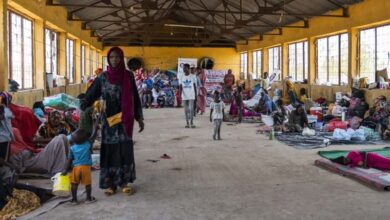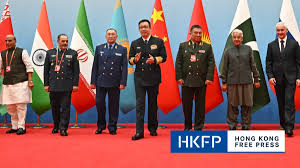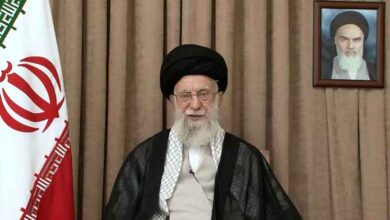One of the co-founders of the COVAX project has raised concerns about vaccine delivery to poor countries after India delayed export licences of the drug to cater to local demand.
The widening gap for vaccine access complicates the world’s eventual exit from the pandemic through a global immunisation drive, as a third waves sweep several countries and forces governments to reimpose tough anti-virus restrictions.
At the centre of much of the vaccine controversy is AstraZeneca, which on Thursday said its jab was three percentage points less effective than previously thought, after being called out for publishing outdated data.
AstraZeneca is also one of the main vaccines used in the COVAX project, which supplies poorer countries with jabs, and is facing export delays in India where it is produced by the Serum Institute, the world’s largest producer of vaccines.
The Gavi alliance, a COVAX co-founder, said deliveries of vaccines to lower-income economies will face delays because of a “setback” in obtaining export licences from the Indian government.
A Gavi spokesman said the licence delays “are due to the increased demand of COVID-19 vaccines in India”.
India recorded more than 50,000 new coronavirus cases on Thursday for the first time since November and is struggling to keep up with its own faltering vaccine drive at home.
However vaccinations in the United States — the world’s top economy and hardest-hit country in the pandemic — have been storming ahead, with Biden raising his vaccination goal during his first 100 days in office from 100 to 200 million.
“I know it’s ambitious, twice our original goal,” he told his first press conference since taking office on January 20.
“But no other country in the world has even come close — not even close — to what we are doing, and I believe we can do it.”
‘Fair share’
The AstraZeneca shot was hailed as a breakthrough because it is cheaper and easier to store and transport than other vaccines.
But the British-Swedish firm was forced to review its US trials and then slightly revise down the jab’s efficacy at preventing symptomatic COVID from 79% to 76%, after an American agency raised concerns about outdated information.
The vaccine, however, remains 100% effective against severe COVID, it added.
AstraZeneca is also at the centre of the EU’s vaccine woes, with an infuriated Brussels tightening export controls after the company failed to deliver the doses it had promised to the bloc.
European Union leaders met via videoconference Thursday to discuss AstraZeneca supplies, as well as new vaccine export rules that will weigh how needy countries are in terms of infection rates, how many jabs they have, and how readily they export doses to the bloc.
EU Commission head Ursula von der Leyen released updated figures on how many vaccines the bloc has exported — 77 million vaccine doses to 33 countries since December.
By contrast, 88 million doses will have been delivered since December in the 27-nation bloc by the end of this week.
Estimates for the second quarter of this year showed that 360 million doses should be delivered from BioNTech/Pfizer, Moderna, AstraZeneca and Johnson & Johnson.
“Together we will ensure that Europeans get their fair share of vaccines,” von der Leyen tweeted.
The talks come as Germany, Poland, France, Belgium, Austria and the Netherlands tighten restrictions to control surges in cases.
Central and Eastern Europe have been particularly hard-hit, with Ukraine posting a record number of COVID fatalities for the third straight day and Hungary registering the world’s highest death rate per 100,000 inhabitants over the last week.






